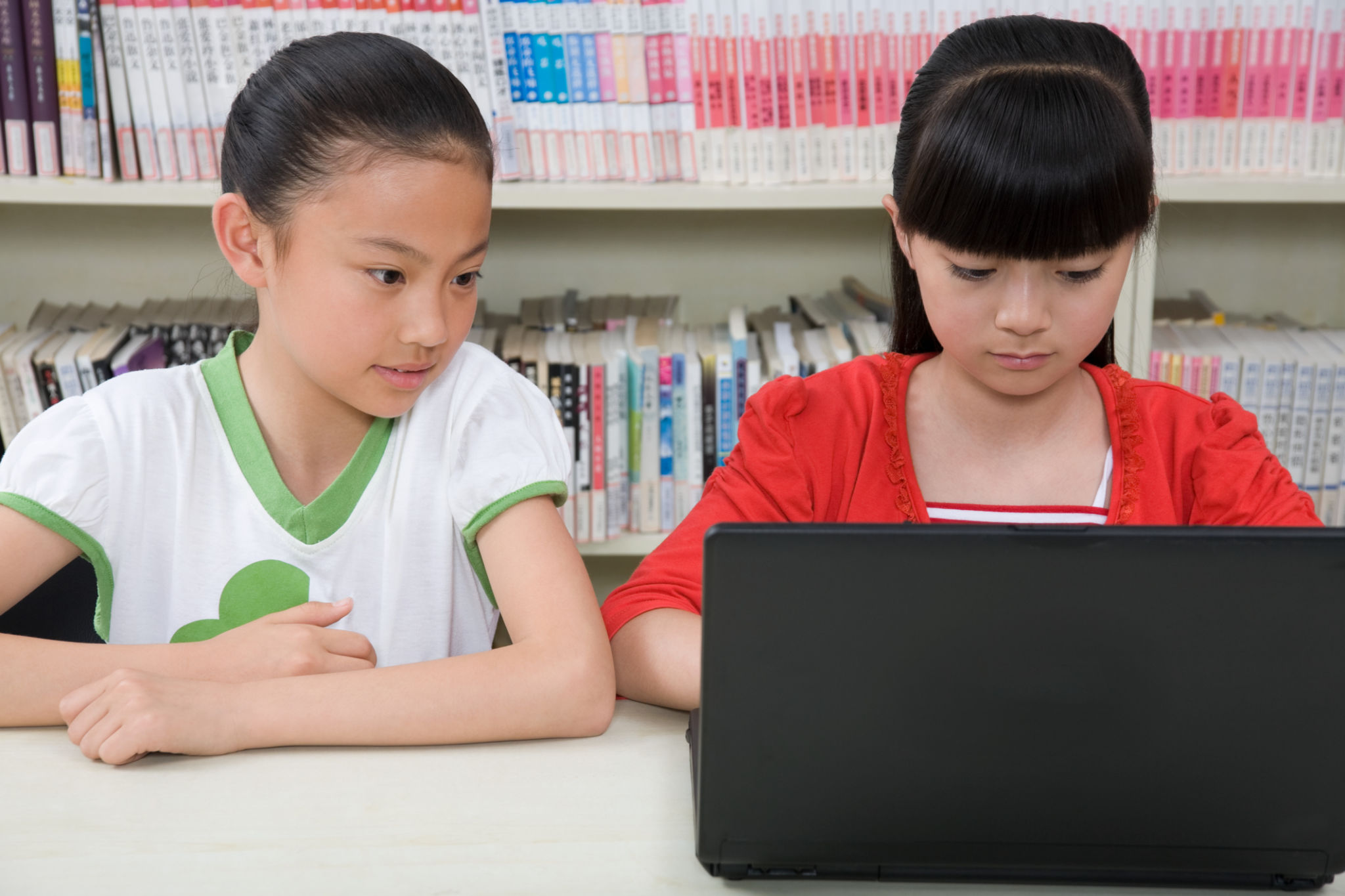The Latest Trends in Higher Education: What Students and Educators Need to Know
Embracing Technology in Education
Technology is revolutionizing the landscape of higher education. With the increasing availability of digital tools, both students and educators are finding new ways to enhance the learning experience. Online learning platforms have become more sophisticated, offering a wide range of courses that can be accessed from anywhere in the world. This flexibility is crucial for students who are balancing multiple commitments.
In addition to online courses, virtual reality (VR) and augmented reality (AR) are gaining traction as educational tools. These technologies provide immersive experiences that can make complex subjects more tangible and engaging. For educators, integrating these tools into their teaching strategies can lead to enhanced student engagement and improved learning outcomes.

Personalized Learning Experiences
Personalization is another trend transforming higher education. With advancements in data analytics and artificial intelligence, institutions can now offer customized learning paths tailored to individual student needs. This approach ensures that students receive the support they need to succeed, while also allowing them to learn at their own pace.
Adaptive learning technology plays a significant role in this trend, as it adjusts the content and pace of instruction based on a student's performance in real-time. For educators, utilizing these tools can lead to more effective teaching methods and better student outcomes.
Focus on Soft Skills
While technical skills remain important, there is an increasing emphasis on developing soft skills such as communication, collaboration, and problem-solving. Employers are seeking graduates who possess these skills, as they are critical for success in the modern workplace.
To address this demand, many institutions are incorporating soft skills training into their curricula. This often involves project-based learning and opportunities for students to work in teams, which helps them build these essential skills in a practical context.

Sustainability and Ethical Considerations in Education
Sustainability is becoming a key focus for higher education institutions worldwide. Many universities are integrating sustainability into their programs, encouraging students to consider environmental and social impacts in their fields of study. This trend not only prepares students for careers in a rapidly changing world but also fosters a sense of responsibility toward global challenges.
Moreover, discussions around ethics in education are becoming more prominent. Educators are emphasizing the importance of ethical decision-making across disciplines, ensuring that graduates are equipped to navigate complex moral landscapes in their professional lives.

Globalization and Cultural Awareness
As globalization continues to impact all aspects of life, higher education is no exception. Institutions are placing a greater emphasis on cultural awareness and global perspectives. Study abroad programs and international collaborations are becoming integral parts of the educational experience.
For students, exposure to different cultures and ideas enriches their education and broadens their worldview. Educators also benefit from this trend, as it allows them to incorporate diverse perspectives into their teaching, preparing students for success in a globalized world.